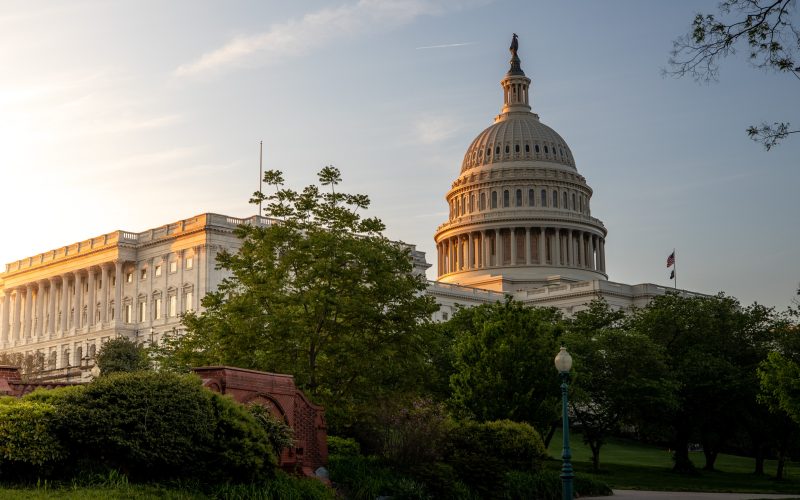In a world that is constantly facing new challenges and conflicts, diplomacy has become an increasingly important tool in fostering international cooperation and peace. Diplomacy involves using dialogue, negotiation, and compromise to resolve disputes and promote understanding between nations. In this article, we will explore the critical role of diplomacy in maintaining global stability and the benefits it brings to both individual countries and the international community as a whole.
One of the primary advantages of diplomacy is that it provides a non-violent way to resolve conflicts. Instead of resorting to military force or economic sanctions, diplomacy allows nations to engage in constructive dialogue to find mutually beneficial solutions to complex problems. Through diplomacy, countries can work together to prevent and resolve conflicts, reduce tensions, and build trust.
Diplomacy also enables countries to address global challenges, such as climate change, terrorism, and poverty, that require coordinated international action. By fostering cooperation and collaboration, diplomacy can help to promote effective solutions to these challenges that benefit all nations. Additionally, diplomacy can help to prevent the escalation of conflicts, which can have severe consequences for both the countries involved and the wider international community.
Furthermore, diplomacy plays a crucial role in promoting economic development and stability. Through diplomatic efforts, countries can negotiate trade agreements, investment deals, and other economic partnerships that can create jobs, increase economic growth, and enhance prosperity. Diplomacy also helps to establish stable relationships between countries, which can encourage investment and trade, and provide a stable foundation for economic cooperation.
In conclusion, diplomacy is a critical tool for fostering international cooperation and peace. It provides a non-violent means of resolving conflicts, enables countries to address global challenges, promotes economic development and stability, and helps to build trust between nations. By prioritizing diplomacy, the international community can work together to create a safer, more prosperous, and more peaceful world.











